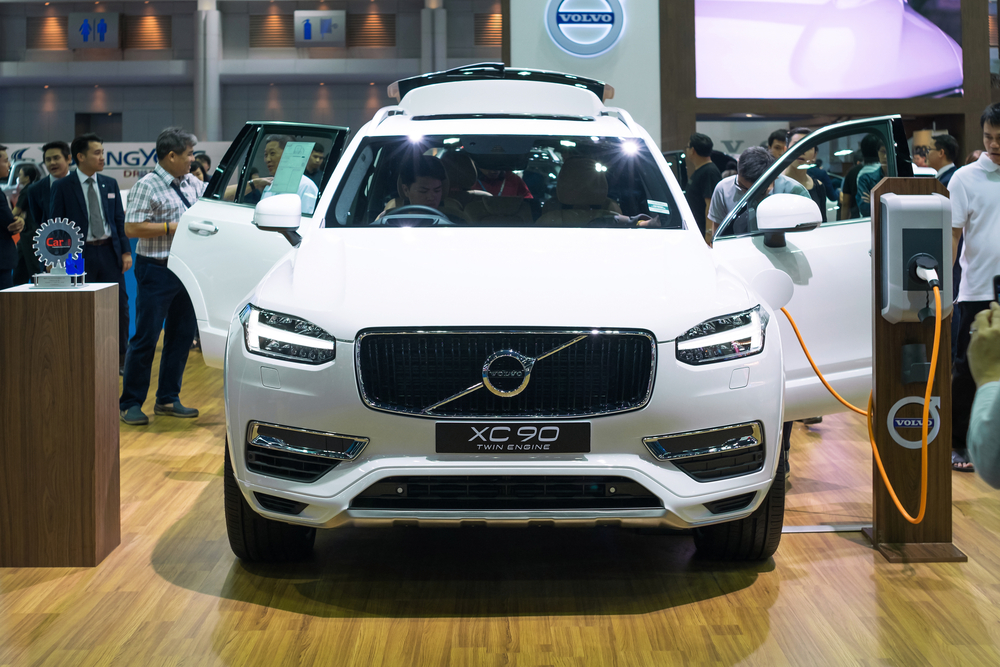Volvo recently announced that every new car it produces by 2019 will have a motor that is at least partially electric. This dedication to move away from fuel-burning cars might seem like a bold, risky move to some, but the choice is rooted in more than just environmentally conscious decision-making.
Marketing
From a marketing perspective, being an early adopter has its benefits. You’re viewed as a trendsetter, you garner all of the PR associated with the move, other companies start to mimic your approach and you help pique interest in your brand. One could argue that Tesla holds the distinction of being the first electric-only car brand, but Tesla never produced fuel-burning cars in the first place. Being the first of the traditional car manufacturers to make this move has huge brand benefits that expand beyond sales.
Customers
Volvo’s existing customer base skews towards those with more disposable income, a demographic that’s more willing and able to test out new technologies and be early adopters of the electric vehicle movement. Catering to their tastes and needs just makes good business sense.
One could also use Volkswagen’s 2015 emissions scandal as a reason for Volvo to make this commitment. Diesel engine cars have been incredibly popular in Europe for decades. Volkswagen’s issues have tarnished the reputation of diesel among many European consumers, giving Volvo, a Swedish company, more pause when it comes to investing in fossil fuels.
The Future of Traffic
Autonomous cars are closer to becoming reality than some might think. When pilot cities start bringing them to the road full-time, expect those fleets of vehicles to be electric. Additionally, carbon dioxide emission standards around the world are only getting more stringent, especially in the European Union where many of Volvo’s customers live.
Electric-only vehicles are still a long way from the majority in major automobile markets, but a recognizable car manufacturer dedicating itself to renewable and zero emission vehicles certainly pushes the conversation to the forefront. While it will take time for a meaningful impact to be seen, Volvo’s decision has implications that range from marketing to consumer needs to the future of the car-driving world. Which companies do you think will follow Volvo’s lead in the coming years? Share your thoughts in the comments section below.
